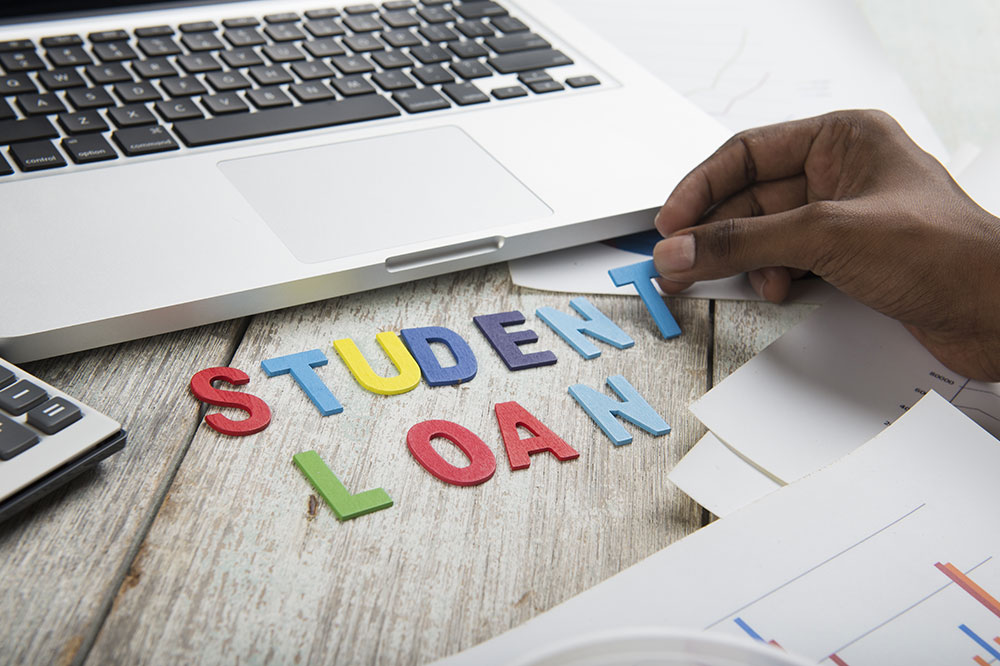
4 things to consider when shopping for student loans
If you are looking for student loans to pay for your college, you are not alone. Many students need monetary assistance via loans. In a survey conducted in 2010, approximately 67% of students doing bachelor’s degrees sought student loans. However, the higher the amount you borrow, the more would be your monthly payout once you graduate. So, if you intend to take a student loan, you need to consider various factors. Read on to know these factors.
Know both private and federal student loan options
Typically, there are two options when it comes to student loans; you can avail of a loan from the federal government or a private lender, such as an online lender, credit union, or a bank. The former is considered better because you do not need a co-signer and the repayment terms are pretty flexible. More so, the interest rates are pretty low, and they stay the same over the loan term. Conversely, the interest rates on private student loans are variable and differ from lender to lender. Moreover, these rates may be fixed or variable. Also, in private lenders, the rate that you get depends majorly on your creditworthiness as a borrower. If your creditworthiness is not good enough, you may need a co-signer to qualify.
Compared to private student loans, there is greater borrower protection in federal loans. They also have an array of flexible repayment terms. However, if you wish to get lower interest rates, it may be worth going ahead with a private lender, especially if you are a parent borrower or a graduate student.
Fixed or variable interest rate
As already discussed, the rates may be fixed or variable. When the rate is fixed, it implies that it will remain the same over the loan term, and when the rate is variable, it changes over time. The choice you make here depends on your prevailing circumstances.
In the case of the fixed rates, you have to make a stable payment every month. On the other hand, when the interest rates are variable, you might pay less cumulative interest if you clear your debt before time. The interest rates in the variable scheme might also be less at the beginning.
If you have budget constraints, consider opting for a fixed interest rate. However, if you have adequate financial resources, the variable interest option is better. There is only one way to have lower fixed rates, that is, by opting for a shorter repayment term. For a borrower who opts for longer repayment terms, the risk of high variable interest rates is even more.
Overall, when the cumulative difference between variable and fixed rates is negligible, the potential saving is not worth bearing the high-interest rate risk.
The repayment term
The repayment term is a vital factor when you compare loans from different companies. When the loan repayment term is short, you have less time to repay the loan, reducing the overall cost of the loan. But, on the other hand, it also means that your monthly payout will be higher in a short-term loan, as you will be making a smaller number of payments. So, this is an important decision that you need to make before taking a student loan.
Additional costs and charges
Certain lenders also have an origination fee, which is a percentage of your loan amount. This amount needs to be paid upfront, that is, the moment your loan is approved. In federal student loans, the origination fee varies from 1.068% to 4.276%. Some private lenders may charge a fee higher than this, while others might not have any origination fee. So, while availing of a student loan, ensure that you are aware of the additional charges.




